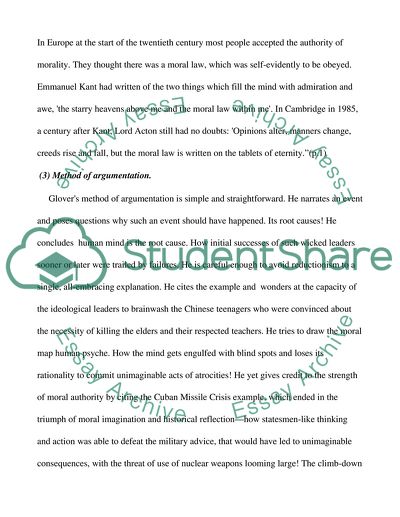Cite this document
(The Moral And Ethical Base Of The Modern Society Book Report/Review, n.d.)
The Moral And Ethical Base Of The Modern Society Book Report/Review. Retrieved from https://studentshare.org/human-resources/1732255-book-is-in-the-description-section
The Moral And Ethical Base Of The Modern Society Book Report/Review. Retrieved from https://studentshare.org/human-resources/1732255-book-is-in-the-description-section
(The Moral And Ethical Base Of The Modern Society Book Report/Review)
The Moral And Ethical Base Of The Modern Society Book Report/Review. https://studentshare.org/human-resources/1732255-book-is-in-the-description-section.
The Moral And Ethical Base Of The Modern Society Book Report/Review. https://studentshare.org/human-resources/1732255-book-is-in-the-description-section.
“The Moral And Ethical Base Of The Modern Society Book Report/Review”, n.d. https://studentshare.org/human-resources/1732255-book-is-in-the-description-section.


